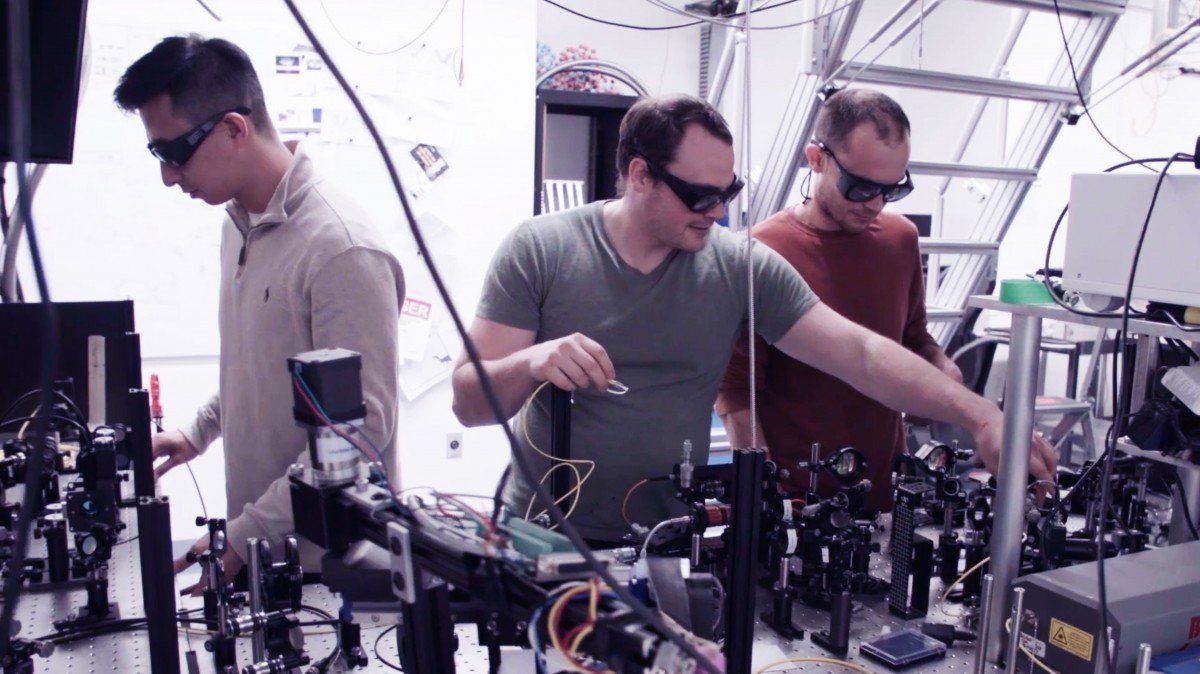Quantum computers could solve complex tasks that are beyond the capabilities of conventional computers. However, the quantum states are extremely sensitive to constant interference from their environment. The plan is to combat this using active protection based on quantum error correction. Florian Marquardt, Director at the Max Planck Institute for the Science of Light, and his team have now presented a quantum error correction system that is capable of learning thanks to artificial intelligence.







